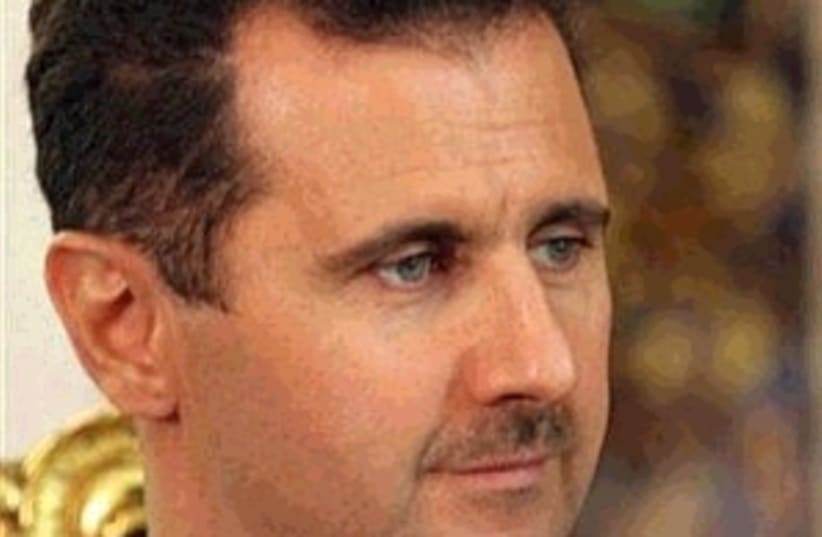| More about: | Muammar al-Gaddafi, Lockerbie, Condoleezza Rice, Rafic Hariri |
Experts: Assad regime won't collapse
Analyst: Baathist regime not likely to fall because 'there is no substitute.'


| More about: | Muammar al-Gaddafi, Lockerbie, Condoleezza Rice, Rafic Hariri |